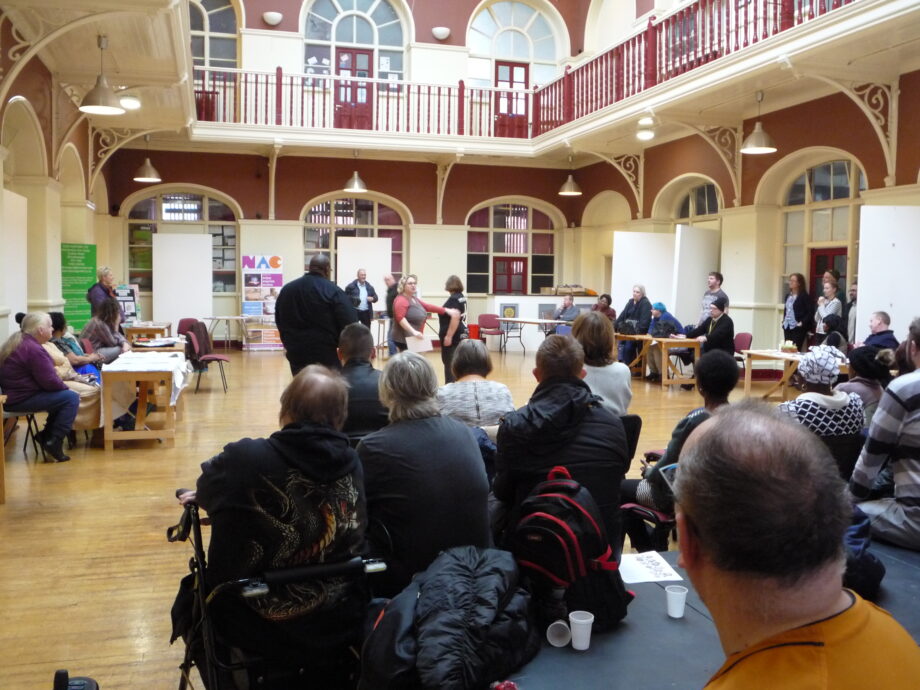We spoke to Arun Bector of the BME Housing Consortium about the climate-theme activities they ran with their audience using Community Grants funding for British Science Week 2022.
Tell us about your community group. What communities do you work with, and what sort of activities do you usually run? What inspires you about the work you do?
The BME Housing Consortium, based in Wolverhampton, was formed to develop a Black and Minority Ethnic (BME) Housing Strategy aimed at promoting race equality and ensuring that all BME communities in Wolverhampton have equal access to housing, health and social care services.
Our inspiration is engaging with people at a particular point in their life, helping them to move forward and upwards in a positive way that gives them the confidence, knowledge, skills and resources to help them continue with or without us.
We work with traditionally disadvantaged and underserved communities and individuals, especially local BME, refugee and migrant communities.
What prior experience did you and your organisation have with science?
Personally, I have always had an interest in science, but at school my teaching wasn’t very good and I lost interest. However, the BSA [grants] have given me an opportunity to deliver science learning to others the way that I would have liked to have been taught in a fun, practical and exciting way.
In 2017 we secured our first [British Science Week Community] Grant for £500 and delivered our first science project as a way to engage with South Asian men who were living with stable and/or enduring mental health problems and who felt isolated and excluded from mainstream society. From the success of that first project, we have gone onto deliver a wide range of science projects to an ever-increasing audience and participants, including some of the most marginalised and disadvantaged groups and individuals in society.

BME Housing hosting a BSA funded science fair event
What activities did you run with the British Science Week Community Grants, and how did they impact your community? Why are grants like this important for your group or community?
We delivered the “C-limate-ATOSTROPHE” project [in 2022] to explain how the climate crisis is increasing the frequency, intensity and impact of extreme weather events and the enormous threats they pose. Equally important, we discussed how governments, businesses and people can build resilience to identify vulnerabilities and take preventative measures.

“C-limate-ATOSTROPHE” project poster
The project increased participants’ knowledge and awareness of the importance of Antarctica to the global climate debate. They are now more interested in watching news items and reading newspaper articles about the extreme weather we experienced this summer. Both new participants and existing participants are very interested in being involved in our future science projects.
The British Science Week grants have been transformational for us. They have enabled us to deliver a wide range of science projects that audiences “want” to learn.
What tips or advice would you give to community groups thinking of applying for a Community Grant for British Science Week?
- The most important tip – have fun delivering your science projects and make sure your participants have fun!
- Before you start filling in the application form, talk to your potential audiences and participants first and see what science activities they want to learn.
- Look to work in partnership with other local groups and communities who may be able to support you.
- Promote your project to as many target audience as possible in a range of formats e.g. leaflets, social media etc.
- Find innovative ways of delivering key science messages to your audiences, making it interactive, fun, practical and exciting for them.
- Offer participants a range of ways to be involved in the project e.g. making models art, craft etc. to share the science knowledge they have learned through the project.
- Deliver an end-of-project event that is open to all, including participants, their families, friends and anyone with interest.